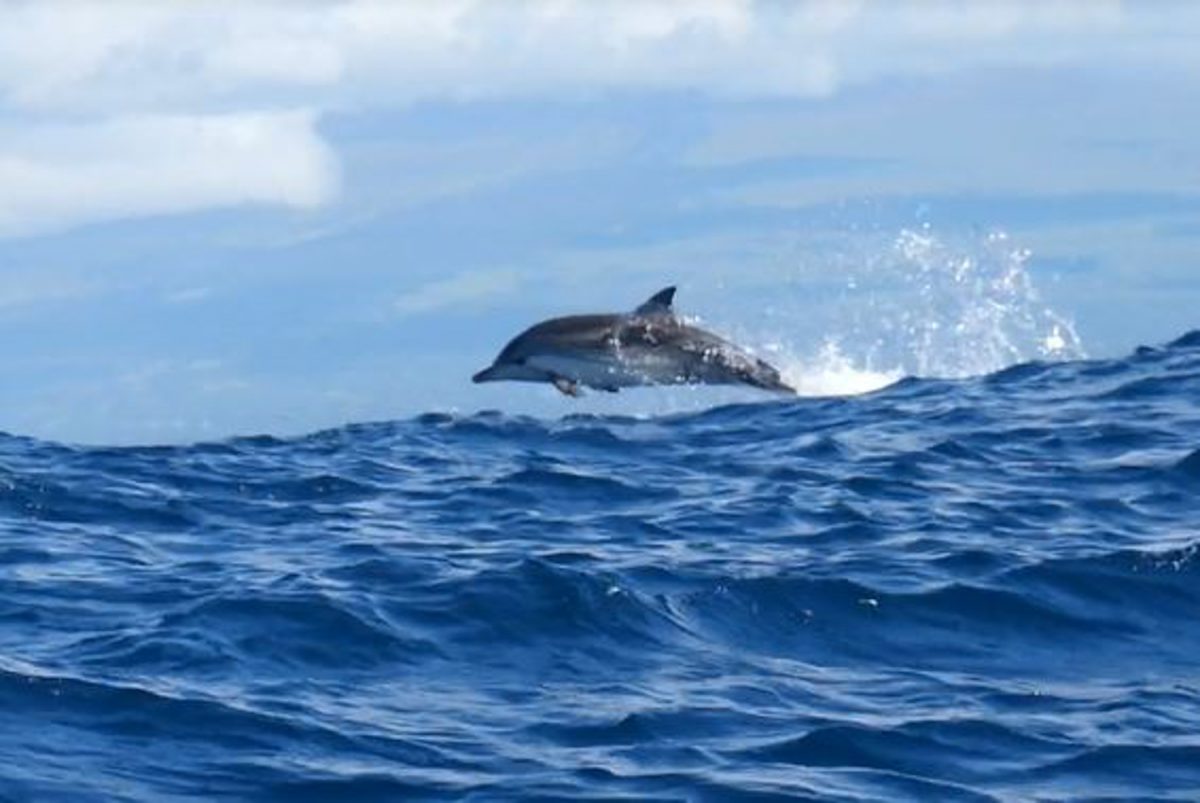Sweden
Back in Europe, I travelled to Gotenborg in Sweden, to visit my coordinators and sponsors Johan (Reel Diving) and Delia. Delia was the European Rolex Scholar in 2006, so she gave me valuable advice on how to organise my year, and I also visited Reel Diving, who luckily support me with gear from Shark and Halcyon for this year. There, I also got to know another former scholar, Oscar, from 2012.
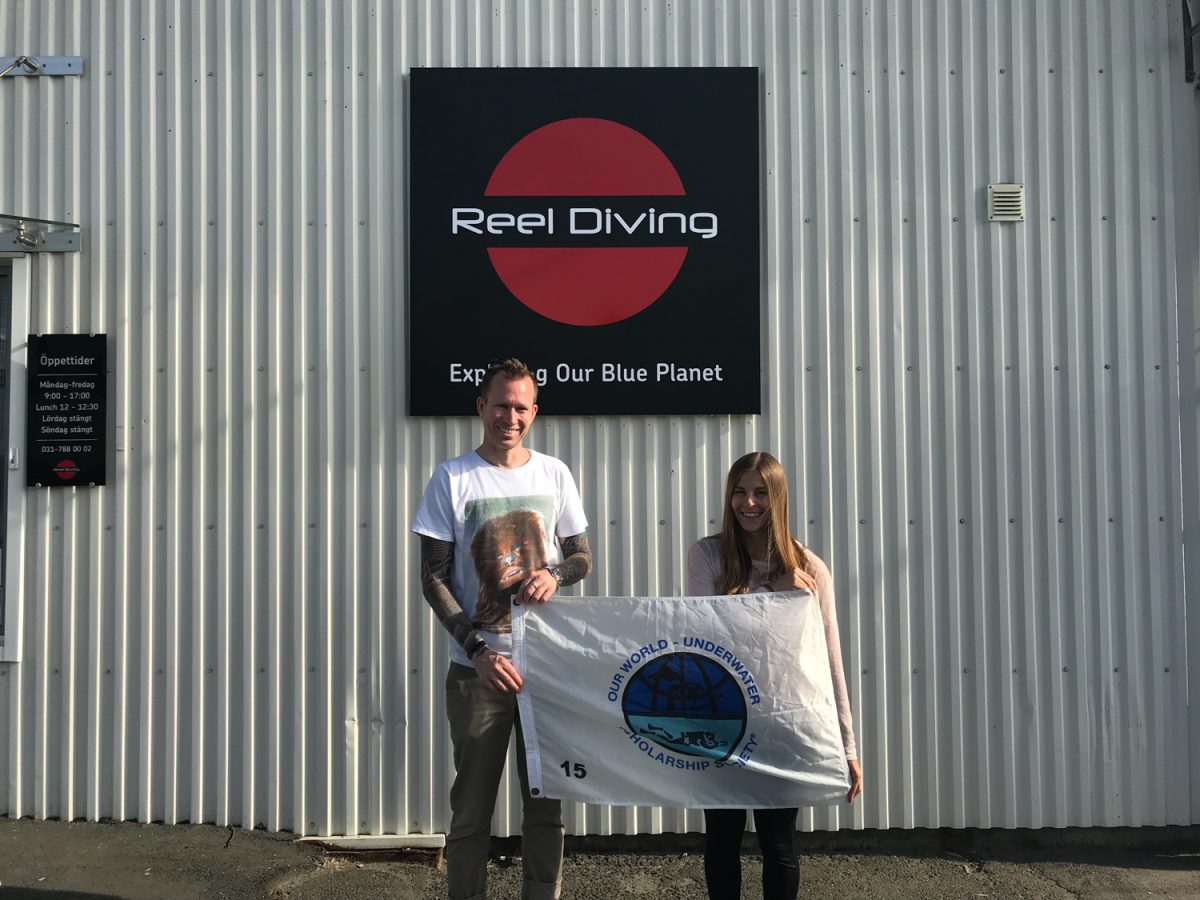
At Reel Diving, I got to see how a diving warehouse is organised, and how you test and repair drysuits or Regulators. Plus, we all sat together to find out how to put together all the bits and pieces of the Underwater Photography gear that Reef Photo and Video, Nauticam and Light and Motion sponsored us with. It was really exciting to hold the entire set-up in my hands for the first time, although it´s just been on dry land – I cant wait to try it out underwater!

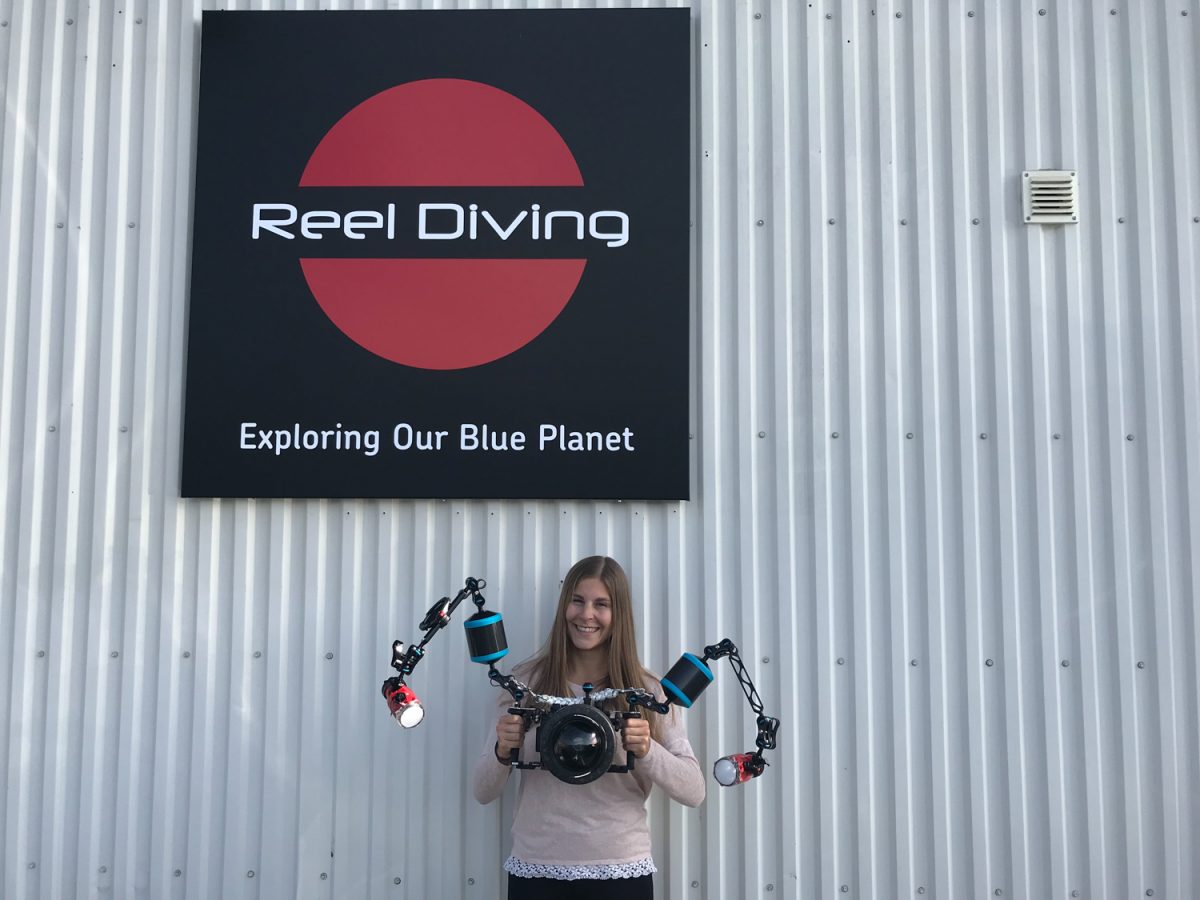
I also learnt that the worlds only mounted Blue Whale on display can be found in Gotenborg – don´t worry, it is not a living animal in a tank. But it is the skeleton and skin of a specimen that washed up many years ago, which is exhibited in the National History Museum of Gotenborg. So, of course, I had to go and visit it and the other fascinating skeletons and models of Marine Megafauna.
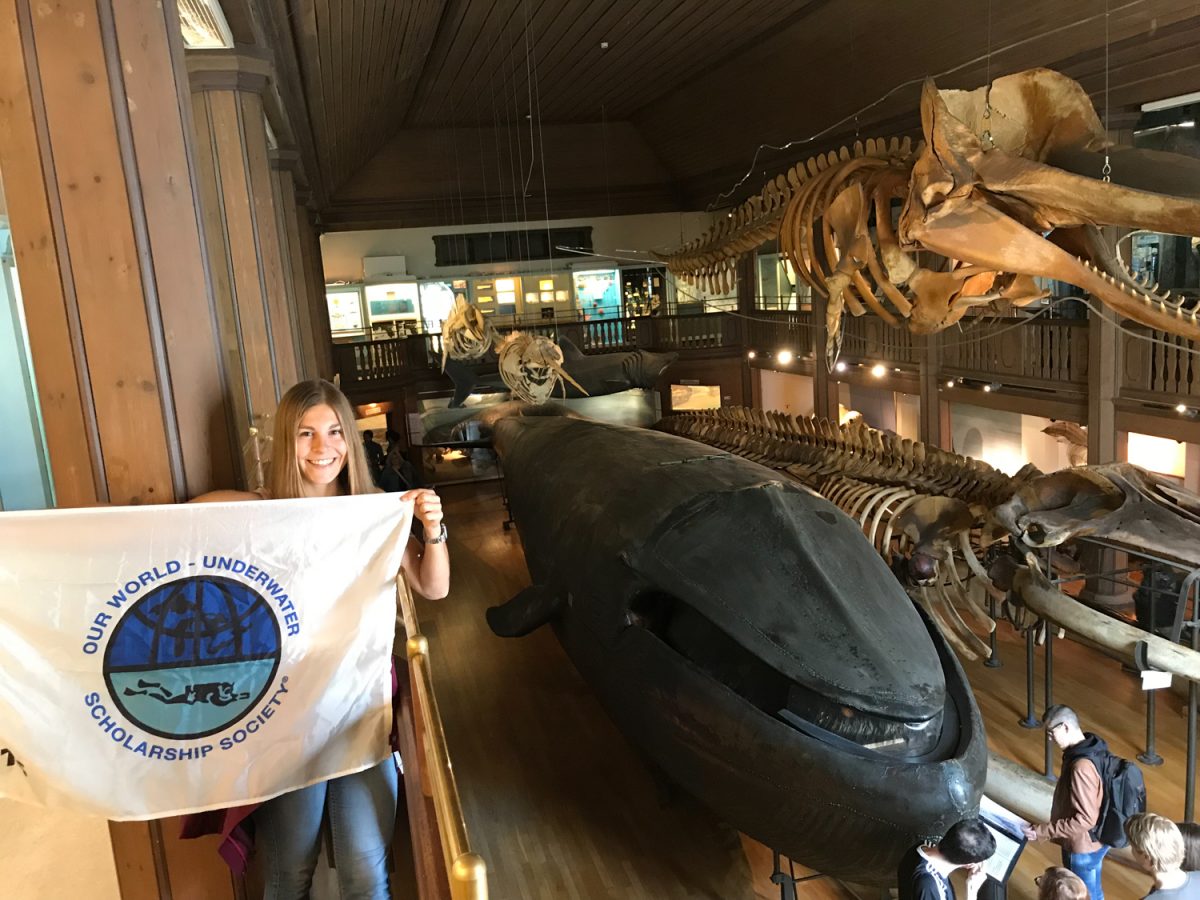
Drysuit Introduction in Cornwall
After this, I travelled to Cornwall in the UK, to stay with my other coordinator Jim. I was very excited to receive my first ever drysuit from Fourth Element, as well as my first ever Dive Computer from Suunto – and of course I wanted to test it out right away! So, I completed my Padi Drysuit Specialty with Cornish Diving, who luckily invited me to dive with them for a few days, and embraced the 11 degrees of water. It was an amazing feeling not having to worry about getting to cold on a dive anymore! I also got to watch Liz teach some new Open Water students, as a first taste for my soon-to-start Divemaster Course.


Whale Flukes in the Azores
Next, I was very spontaneously invited to join Cetacean Watching Lda on the beautiful island of Pico in the Azores, the Atlantic Ocean. I learn about the incredibly diverse whale and dolphin populations, that travel up north in the Atlantic every year at this time and stop over at these Archipelagos to feed. I joined CW on their Whale Watching tours, in their research and for some dives in my new drysuit.
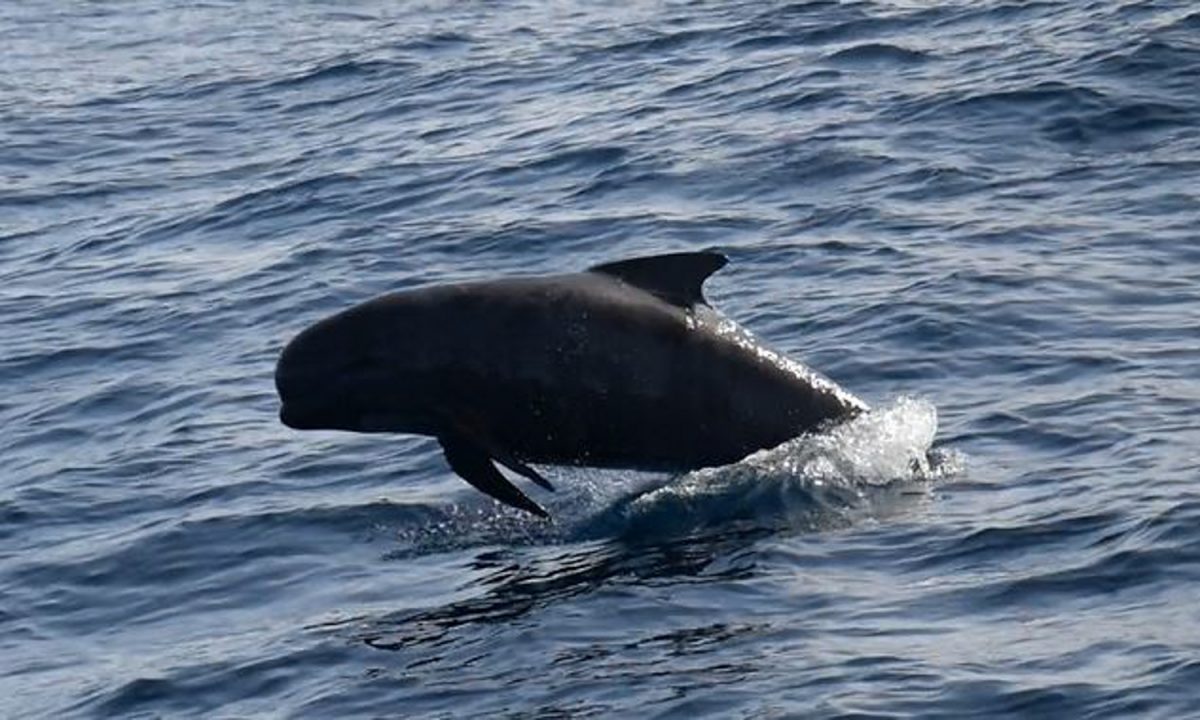
Before every tour, CW gives a comprehensive presentation about the many different species that can be encountered around the islands, their different anatomy, behaviours and ecology.

The Sperm Whales for example, which have fascinated me from a young age on, are resident to the Azores and can be sighted all year around, because the islands are of volcanic origin and rise up from the deep sea, which is where the Sperm Whales, as masters of deep diving, find their preferred food, squid.
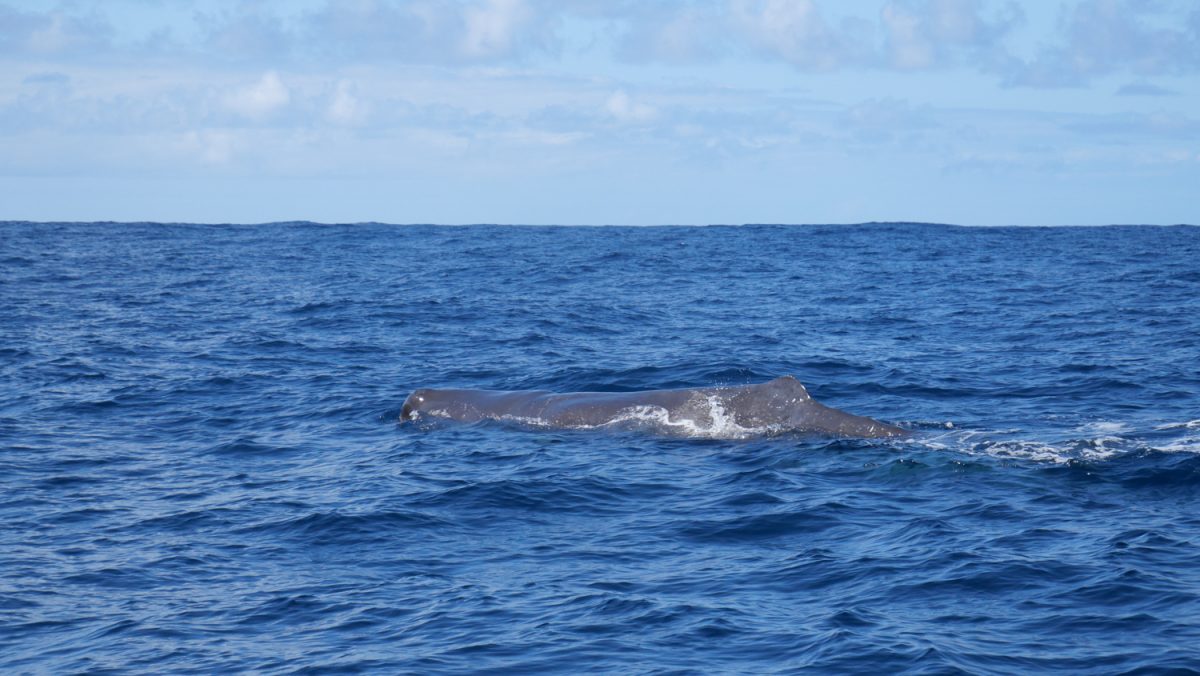
The Baleen Whales, though, who feed on Krill, only stop over here to fill their bellies a bit, before heading further to Arctic waters. Unfortunately, this year there were much fewer Baleen whale sightings, most likely because of a shift in Krill distribution to areas further out at sea, where the Whale spotters (Vigias in Portuguese) can´t see them with the binoculars, and the zodiacs can´t go.
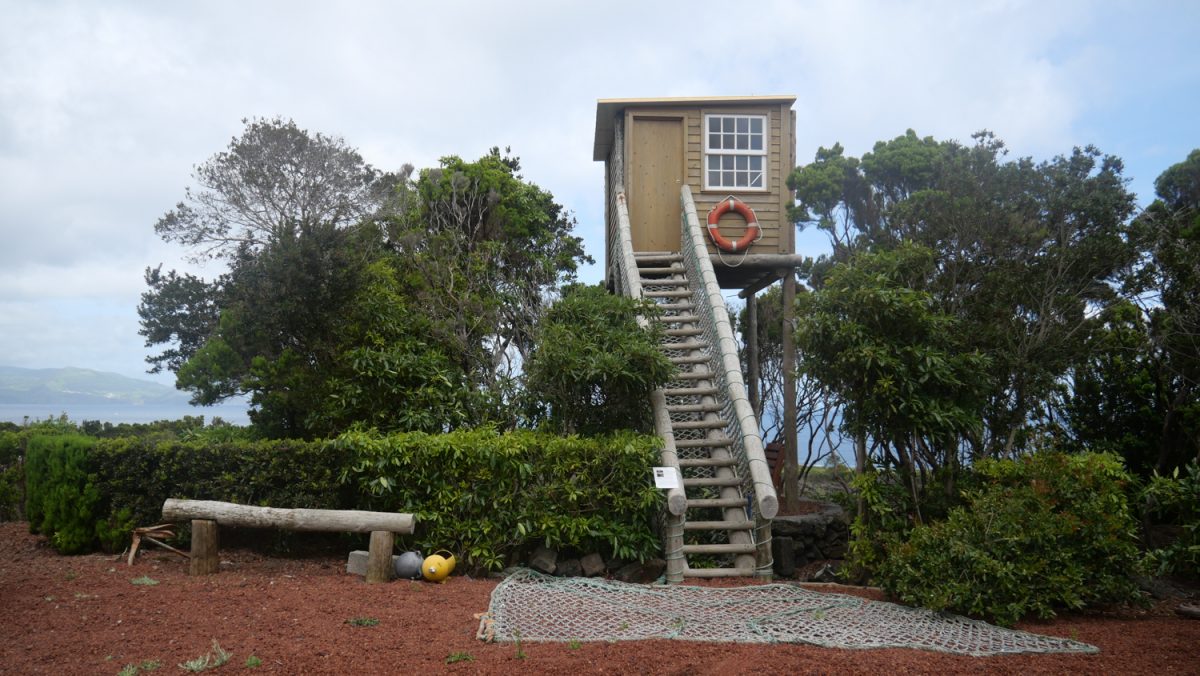

Nevertheless, we encountered a very big pod of Pilot Whales twice, which are only seen in the Azores rarely, as well as Striped and Common Dolphins, Sei Whales, and, of course, many Sperm Whales.


Out on the boat, I recorded the numbers, ages, sexes, behaviours and group constellations of the Cetaceans, the GPS data and length of the sightings, and other animal species that we saw. I also helped in taking ID-shots of the individuals. These data are very valuable, because they are collected every single tour every day, which means they can really show long term changes in the populations. The ID-shots, which are taken on different parts on the bodies of each species, like the dorsal fins of Blue Whales, or the Flukes of Sperm Whales, are matched into a catalogue of individuals, which is shared with all Whale Watching operators and scientists in the Azores.

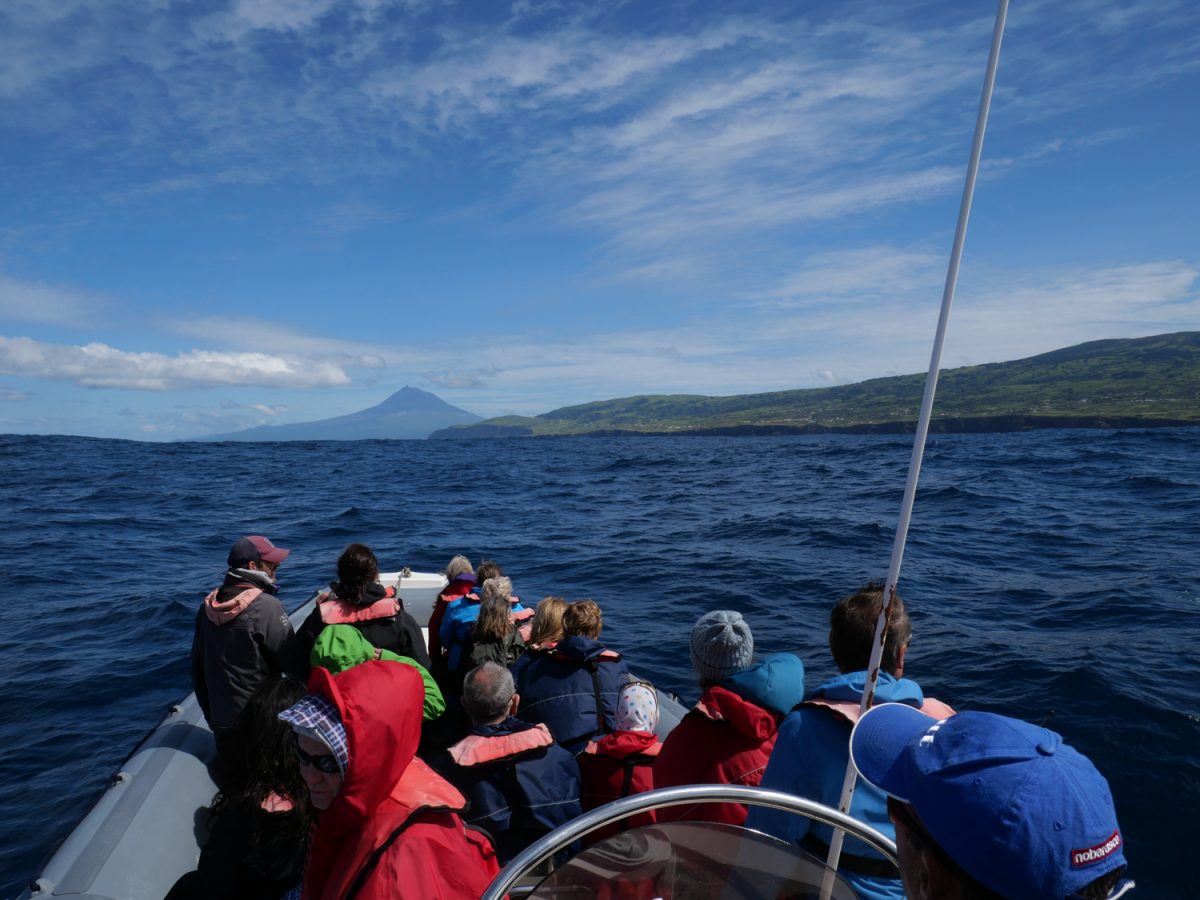
Besides the many tours on the water, we also had some stormy days, on which we took the customers out to the pristine nature of the island to educate them about the unique terrestrial Flora and Fauna, or Enrico Villa, one of the owners of CW, shared his extensive knowledge about Cetaceans with us in presentations.

All together, it was a great experience to see how simple encounters with the gentle giants of the oceans can amaze and inspire people so much, and also how curious so many people actually are about them. It really makes me hope that through showing people in sustainable encounters what fascinating animals are living in our oceans, we can inspire them to respect and care, and preserve the populations long term.
